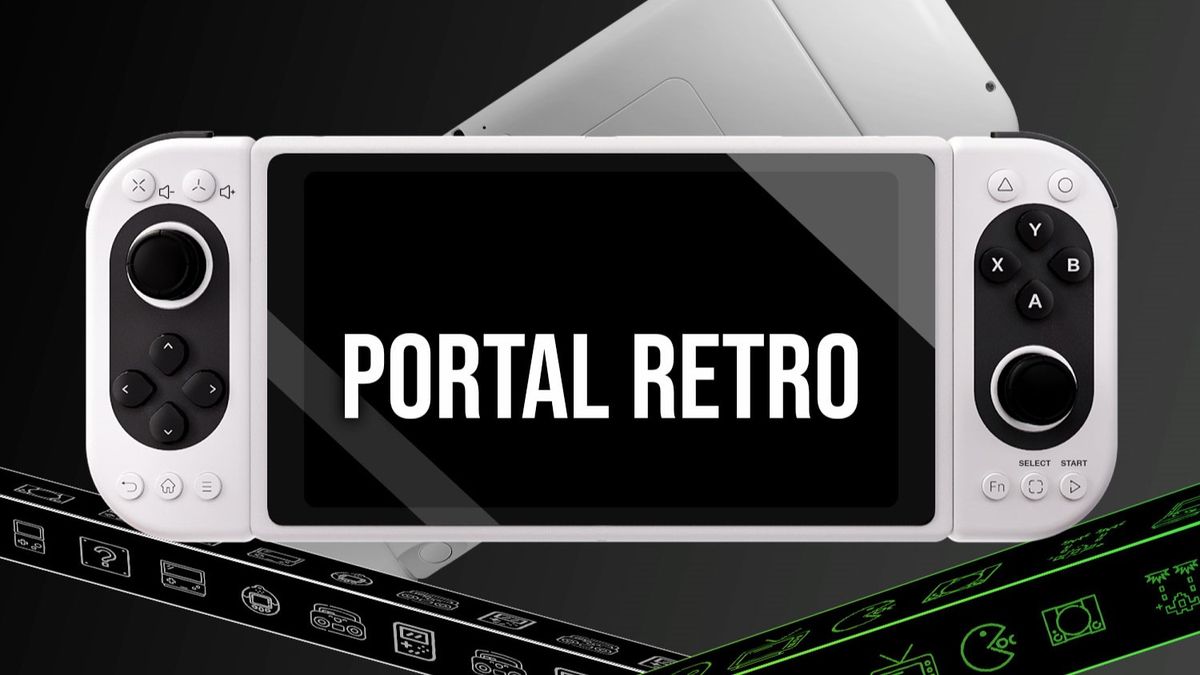What you need to know
- Pimax has announced a new handheld gaming console called the Portal Retro.
- The Portal Retro retains much of the same design found on the Pimax Portal, which was recently released.
- Essentially, it’s an gaming handheld running Android, is powered by the Snapdragon XR2 SoC, and is priced at $299.
Hot on the heels of Qualcomm’s introduction of the Snapdragon G Series, Pimax made a surprise announcement to introduce another gaming handheld. The company is well-known in the AR/VR space, as it has already released various headsets. But Pimax is diving deeper into handhelds with the Pimax Portal and the new Pimax Portal Retro.
At first glance, you would likely have a difficult time being able to tell the Portal and Portal Retro apart. Part of that is simply due to the fact that the overall design is shared between both handsets, but the new Portal Retro has been downgraded in a few areas.
Notably, the Portal Retro is lighter, coming in at 306 grams, which can be attributed to Pimax’s decision to remove the cameras found in the Portal. This is an obvious decision as the Portal Retro does not support VR content, which also explains the move to a 2K LCD display, as opposed to the 4K LED or 4K QLED found on the Portal.
Another reason why the Portal Retro is lighter is thanks to the removal of the various magnets from the Portal that kept the controllers in place. Instead, you’re getting an all-in-one gaming handheld akin to the Steam Deck or Logitech G Cloud.
Besides that, the Pimax has mostly packed the Portal and Portal Retro with the same underlying hardware. This includes both handhelds being powered by the Snapdragon XR2 chip from Qualcomm, the same SoC found in the Meta Quest 2. This is paired with 8GB of RAM and 128GB of storage, but it’s unknown whether there’s a microSD card slot built-in.
The Portal Retro also features a 5.46-inch LCD panel, complete with a 120Hz refresh rate. You’ll also enjoy an active cooling system, which can come in handy if you’re playing games for hours and don’t want to worry about overheating. And thanks to the custom Android interface, you’ll be able to easily map on-screen controls to one of the 24 different physical buttons found on the device itself.
At the time of this writing, the Portal Retro is available directly from Pimax with a retail price of $299, complete with estimated delivery times of “within 1 week.” Keep an eye out for our initial review of the Pimax Portal if you want to get a better idea of how the Snapdragon XR2 performs in a dedicated handheld.


